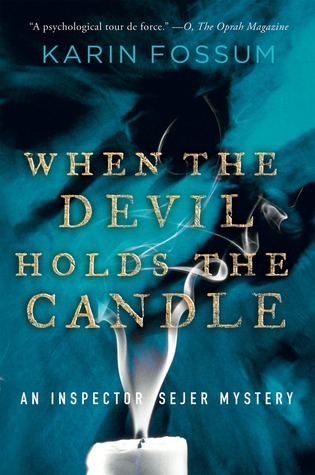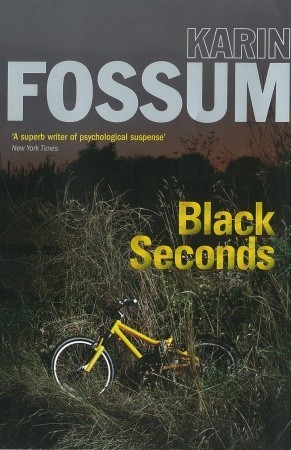
The Indian Bride
Book Description
A chilling mystery unfolds as a seemingly perfect wedding in a quiet Norwegian village turns into a nightmare. When a young Indian bride disappears without a trace, whispers of suspicion envelop the community. As tensions rise and secrets unravel, the line between love and betrayal blurs, leaving hearts shattered and loyalties tested. A relentless investigator, driven by a personal connection, races against time to uncover the truth. Each revelation leads deeper into a web of hidden desires and dark motivations. Will the search for the bride reveal more than anyone bargained for? What haunting truths lie beneath the surface?
Quick Book Summary
In Karin Fossum's "The Indian Bride," the tranquility of rural Norway is shattered when a mysterious murder unravels a tapestry of secrets deeply embedded within a small community. Gunder Jomann, a lonely farm worker, travels to India and returns with a new bride, Poona. Just as a fresh start seems possible, tragedy strikes: Poona is brutally murdered en route to her new home. Inspector Konrad Sejer, a seasoned and empathetic detective, leads the investigation through a maze of local prejudices, buried secrets, and fraying trust. Fossum skillfully explores themes of xenophobia, isolation, and the corrosive power of suspicion. As the lines between victim and perpetrator blur, "The Indian Bride" becomes an incisive psychological portrait of a community unraveling under the weight of its darkest impulses.
Summary of Key Ideas
Table of Contents
Xenophobia and Outsider Status
Gunder Jomann, a modest and solitary man from a Norwegian village, stuns his community when he travels to India and marries a gentle woman named Poona. Their tentative happiness is swiftly upended; while Gunder prepares for her arrival, circumstances delay him, leaving Poona to navigate her first moments in a strange land alone. Her murder the same day she arrives devastates Gunder and ignites a chilling investigation in a town wholly unprepared for such violence.
Secrets Beneath the Surface
Inspector Konrad Sejer, celebrated for his methodical approach and thoughtful compassion, leads the search for answers. As he questions the villagers, he uncovers not only alibis and motives, but the depths of their prejudices. Poona’s presence—an outsider of a different race and culture—stirs latent xenophobia and quietly exposes the underlying currents of isolation and mistrust that had previously been hidden beneath the community’s calm exterior.
Community Suspicion and Moral Ambiguity
Fossum deftly examines the ripple effects of the crime, as suspicion poisons relationships and old hurts resurface. Residents who once coexisted peacefully find themselves weighed down by doubt and paranoia. The investigation reveals complex secrets: affairs, betrayals, and moments of desperation that hint at what people are capable of when their lives are disrupted by fear or desire.
The Burdens of Loneliness and Desire
Sejer’s pursuit of the truth is not just a matter of policing but of empathy and understanding the nature of loss. Both Gunder’s grief for his lost bride and the villagers’ unease are brought to life in nuanced detail. Fossum uses this framework to explore deeper existential questions about loneliness and the need for human connection, showing how these forces can drive individuals to both kindness and cruelty.
The Complexity of Justice
In the end, the mystery’s solution is as much an indictment of the society as it is of the murderer. Justice, in Fossum’s world, is ambiguous and fraught, leaving the community scarred and the reader pondering the fragile veneer that separates security from chaos. "The Indian Bride" stands as a piercing Nordic noir, revealing that, beneath even the calmest surfaces, shadows always linger.
Download This Summary
Get a free PDF of this summary instantly — no email required.





